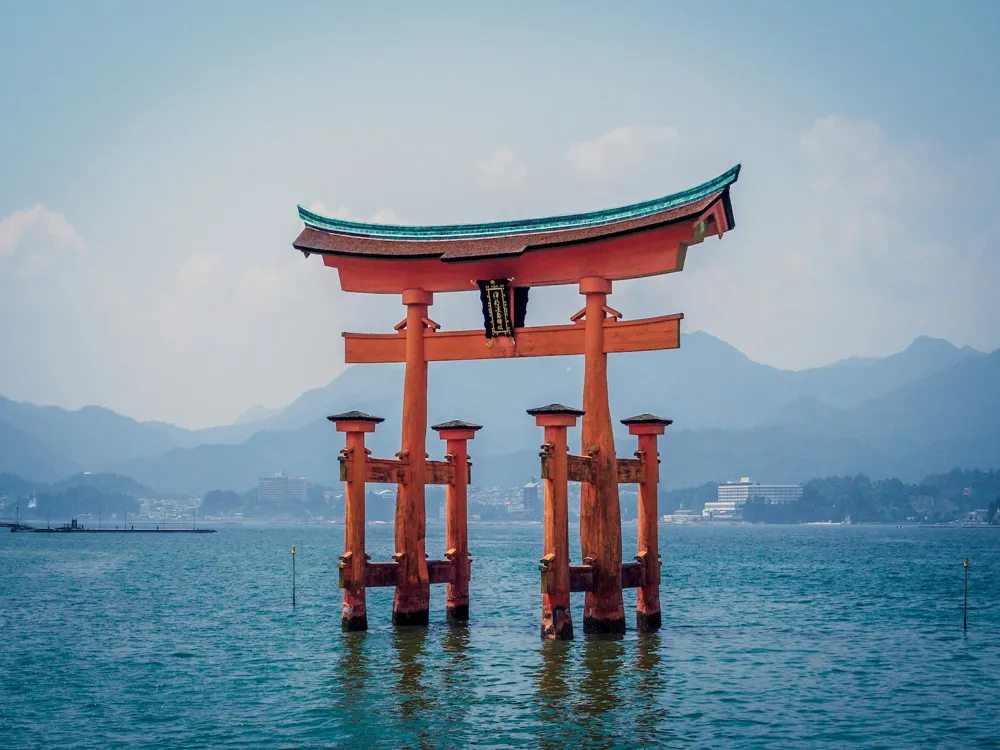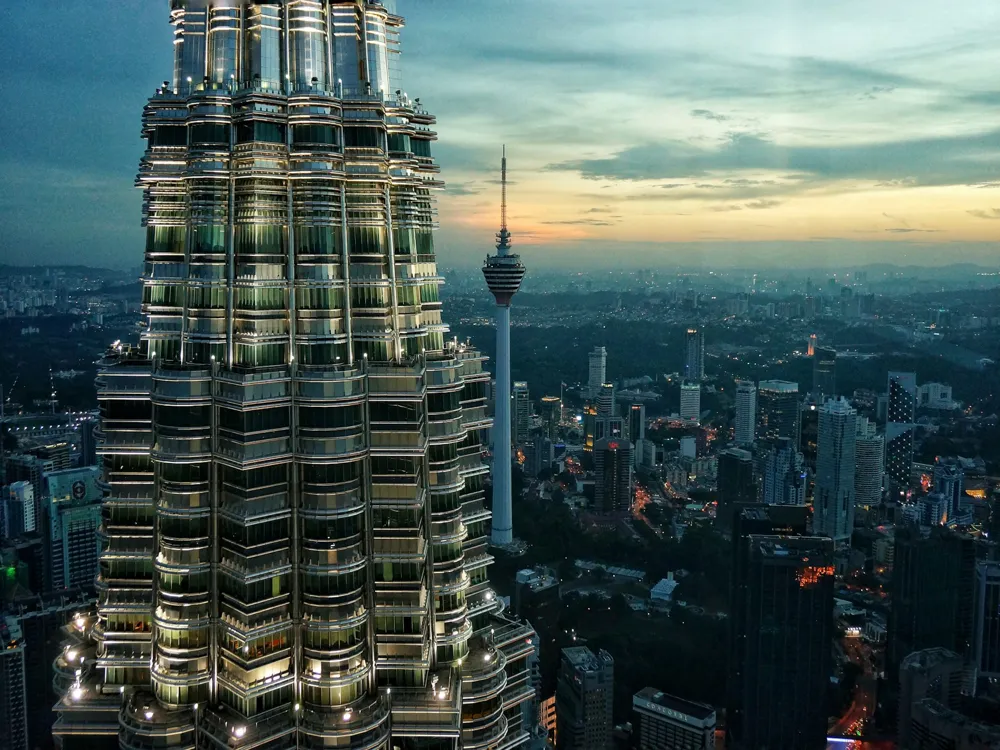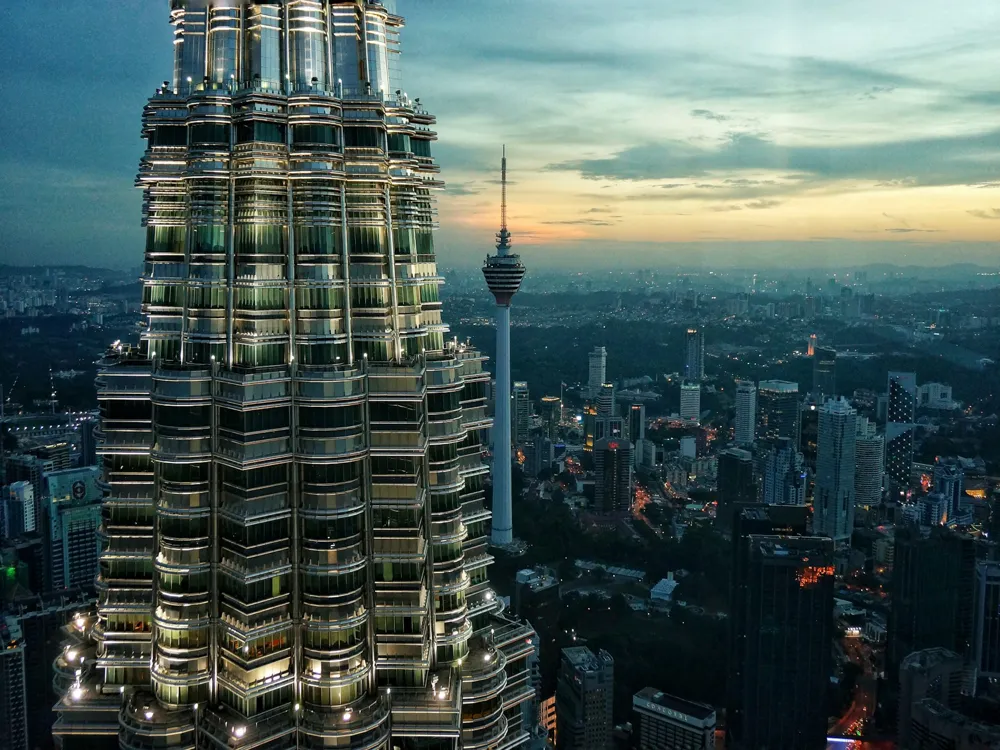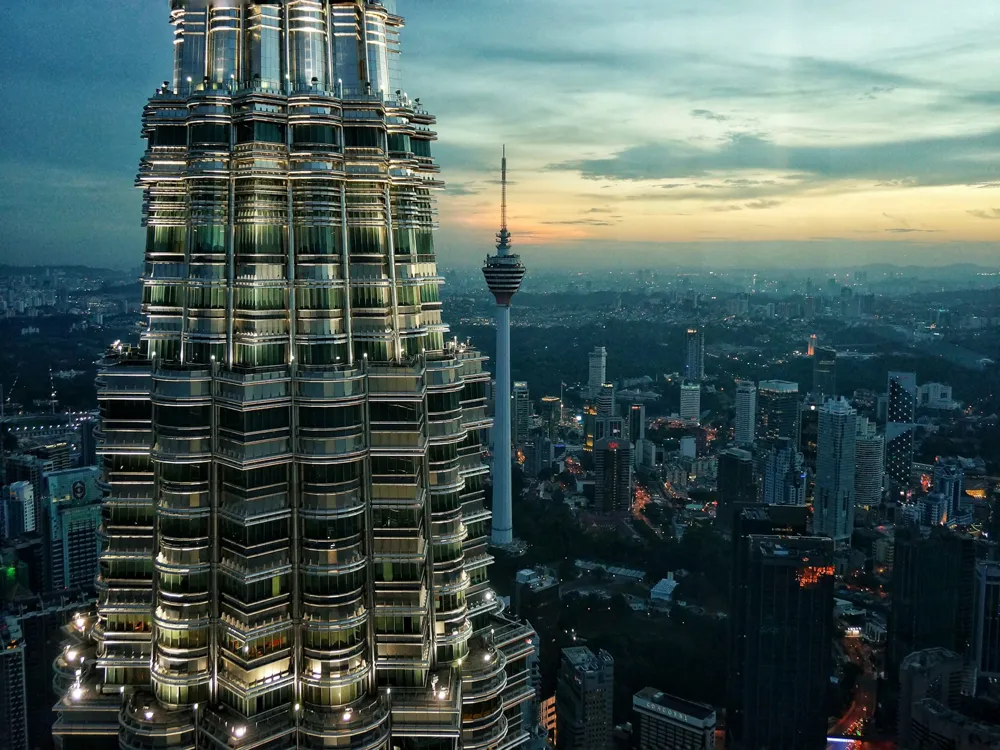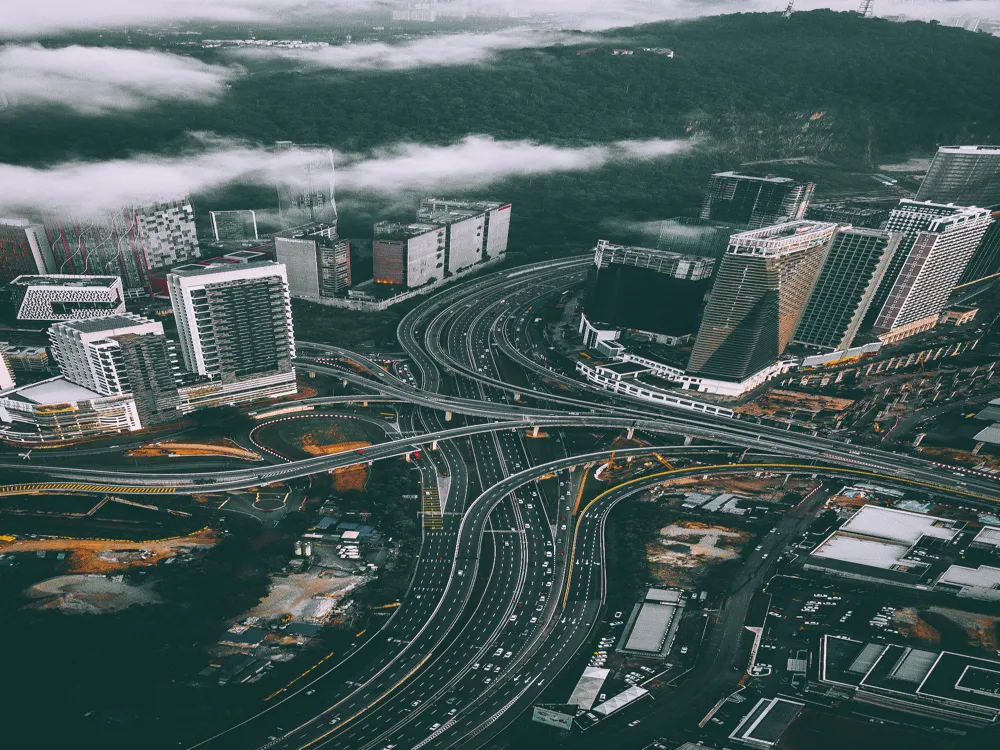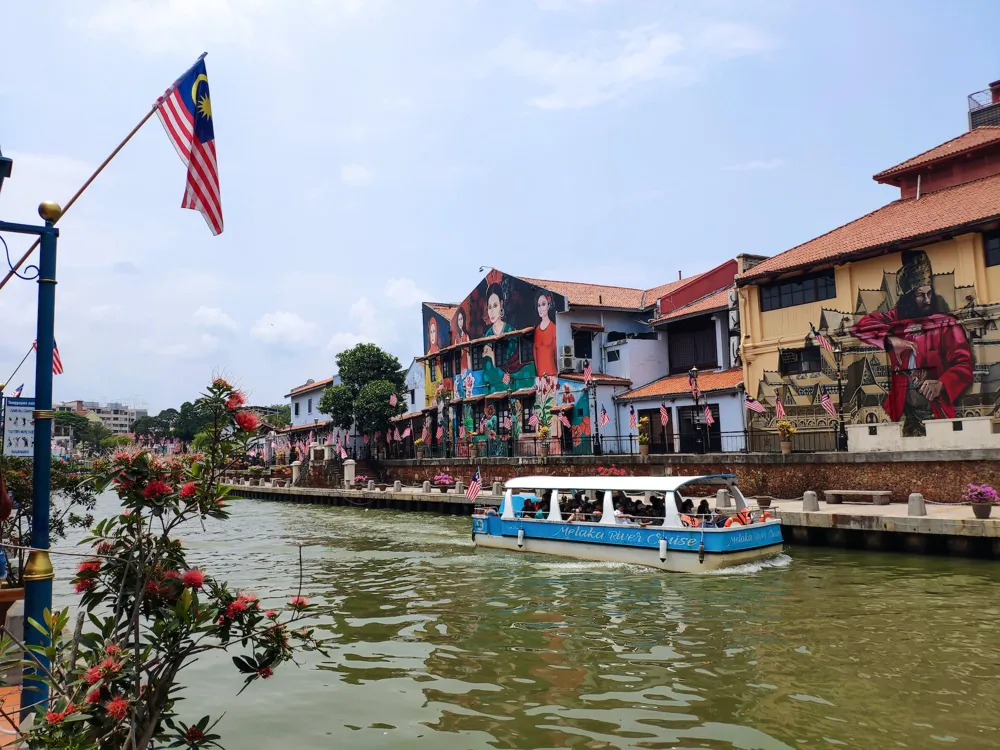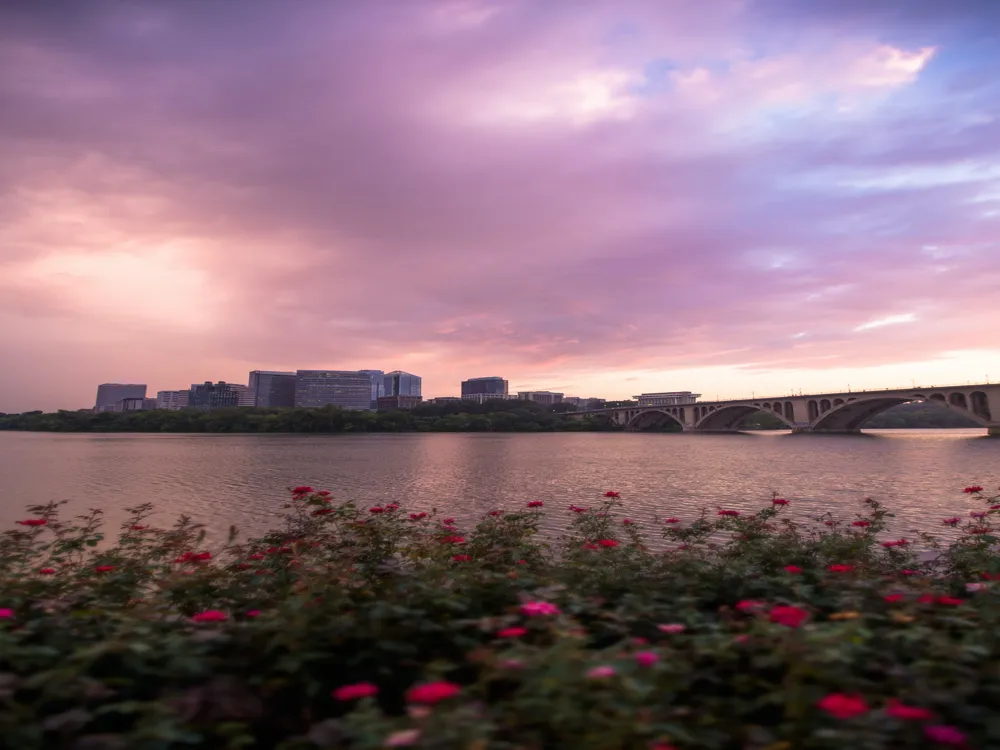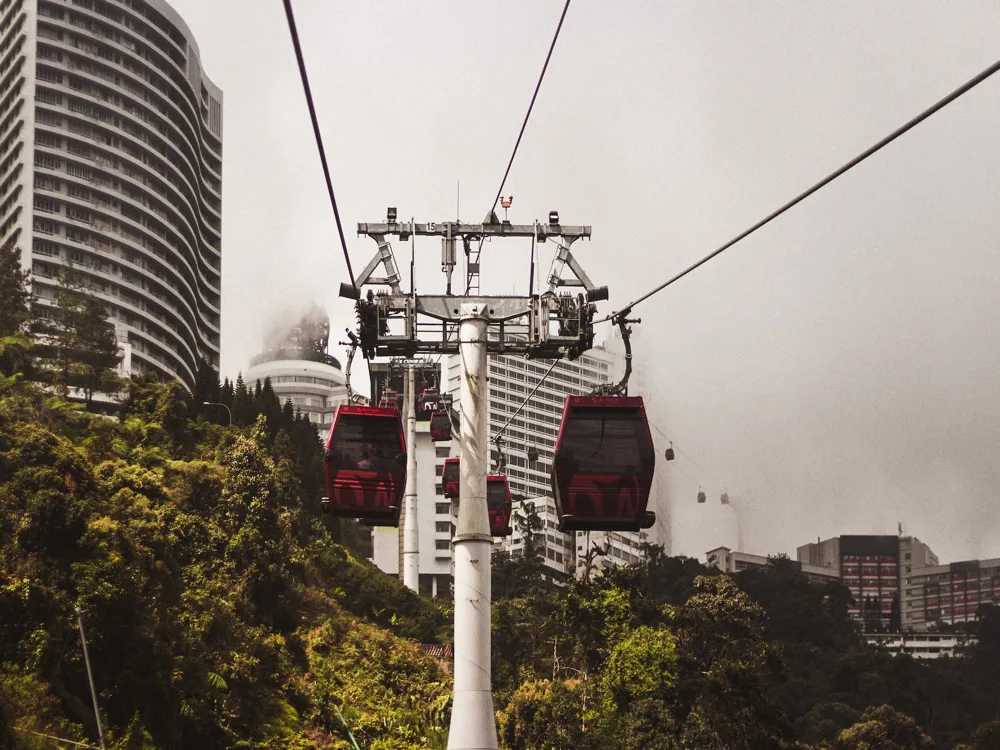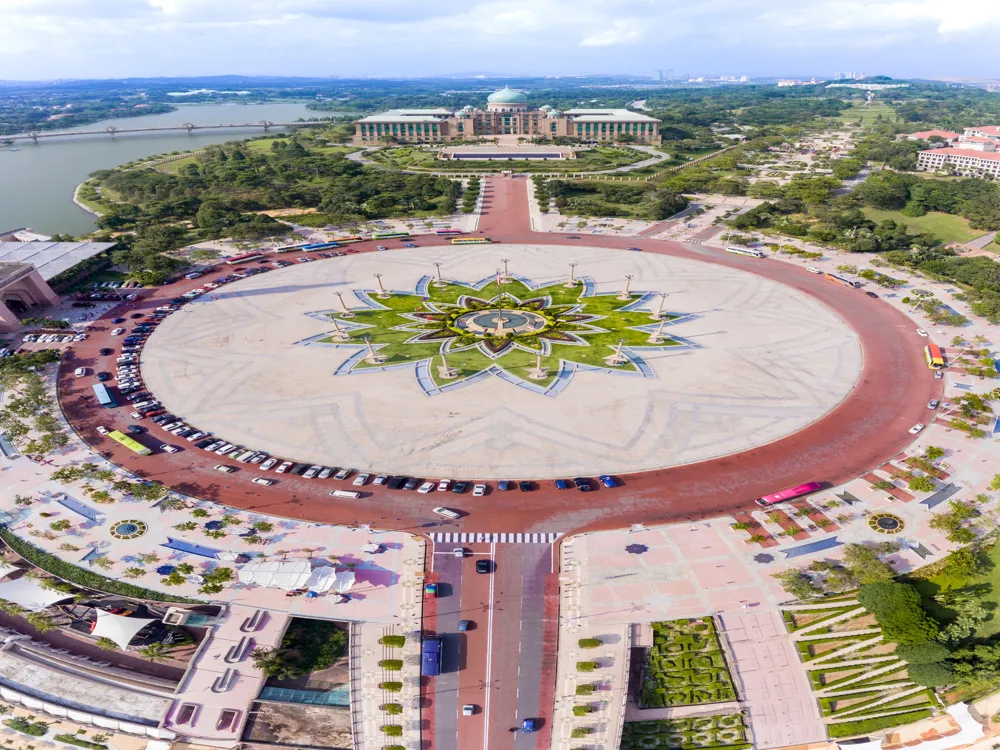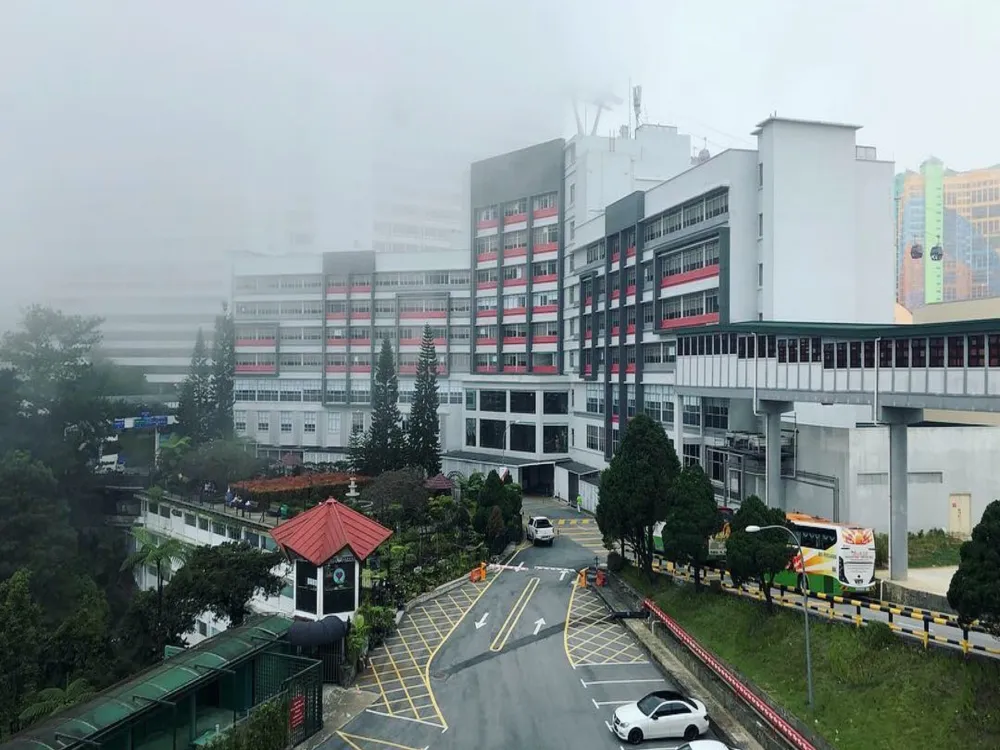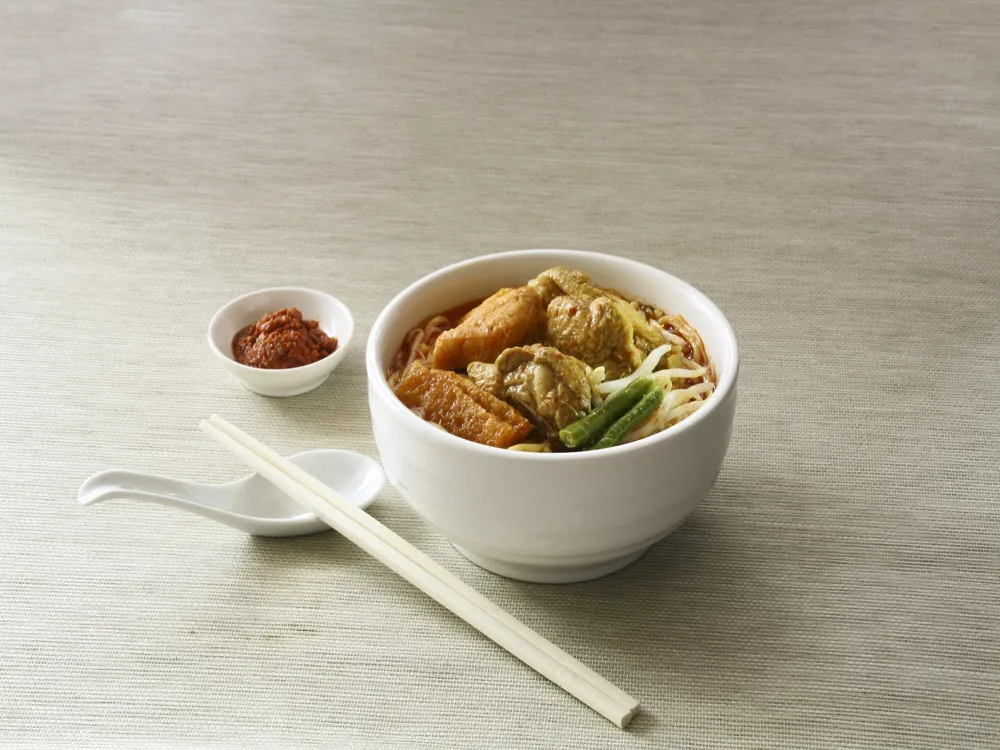Chinatown in Kuala Lumpur, a bustling, colorful, and culturally rich area, is a testament to the city's historical and multicultural heritage. Located in the heart of Kuala Lumpur, this neighborhood is not just a mere tourist attraction; it's a vibrant community where past and present coexist. As you walk through its streets, you're immediately engulfed in a sensory experience like no other. From the scent of traditional Malaysian dishes wafting through the air to the sound of busy market vendors and the visual feast of historic buildings alongside modern street art – Chinatown offers a unique blend that speaks to both the soul of Kuala Lumpur and its cosmopolitan spirit. Chinatown's history is deeply intertwined with the origins of Kuala Lumpur itself. Established in the 1850s, it has since been home to a predominantly Chinese community. Over the years, it has grown from a center of commercial activity into a cultural hub. The stories of its streets, shops, and temples reflect the journey of Chinese immigrants and their significant role in shaping the city's cultural and economic landscape. The evolution of Chinatown is a captivating tale of resilience and adaptability. Initially a tin mining settlement, it transformed into a thriving commercial center, surviving numerous challenges, including war and modernization. This resilient spirit is evident in the architecture, festivities, and daily life in Chinatown, making it a living museum of Malaysian-Chinese history. In present-day Chinatown, tradition and modernity coexist harmoniously. While it preserves its historical charm, the area has also embraced contemporary influences. This juxtaposition is evident in its lifestyle, cultural practices, and even the local cuisine, making Chinatown a fascinating destination for visitors and locals alike. The architecture of Chinatown in Kuala Lumpur is a visual narrative of the city's rich history and cultural diversity. As you stroll through its lanes, you are greeted by a fusion of traditional Chinese designs and colonial-era influences, alongside modern renovations. This architectural blend not only represents the area's past but also its continuous evolution as a dynamic urban space. The heart of Chinatown is adorned with buildings that showcase traditional Chinese architectural elements. Features like ornate carvings, intricate roof designs, and vibrant red and gold colors dominate the scene. These structures, some of which date back to the 19th century, were built by the early Chinese settlers and serve as a testament to their craftsmanship and cultural heritage. The British colonial era left a significant mark on Chinatown's architecture. Colonial buildings, characterized by their distinct European styles and features such as arched windows and Corinthian columns, stand as reminders of Kuala Lumpur's colonial past. This architectural diversity adds another layer of depth to Chinatown's rich historical tapestry. In recent years, Chinatown has undergone modern renovations, breathing new life into its historical buildings. Contemporary art installations and street art have become common, creating a vibrant and dynamic urban landscape. These modern touches have transformed Chinatown into not just a historical site but also a canvas for modern artistic expression. Chinatown is vibrant year-round, but visiting during cultural festivals like Chinese New Year offers a uniquely festive experience. However, for a more relaxed visit, weekdays are less crowded than weekends. Don't miss the chance to try local delicacies at street food stalls and traditional coffee shops. From Hainanese chicken rice to Char Kway Teow, the flavors of Chinatown are not to be missed. Chinatown's markets are famous for bargains. Remember to negotiate prices, but do so respectfully. Also, explore beyond the main streets to discover unique souvenirs and artisanal crafts. When visiting temples or traditional shops, be mindful of cultural norms. Dress modestly, remove shoes when required, and ask for permission before taking photographs. Chinatown can be overwhelming, so consider taking a guided tour for deeper insights. Alternatively, explore at your own pace but keep a map handy as the narrow lanes can be confusing. Reaching Chinatown in Kuala Lumpur is a hassle-free experience, thanks to the city's efficient public transport system. Whether by train, bus, or taxi, accessing this vibrant neighborhood is convenient for both locals and tourists. The easiest way to reach Chinatown is by train. The closest station is Pasar Seni, on the Kelana Jaya Line, just a short walk from Chinatown's main attractions. Additionally, the Kuala Lumpur old railway station is also nearby, offering more connectivity options. Buses are a cost-effective way to get to Chinatown. Several bus routes pass through the area, making it accessible from various parts of the city. Check the latest bus routes and schedules for the most convenient journey. Taxis and ride-sharing services like Grab are readily available throughout Kuala Lumpur. They offer a comfortable and direct route to Chinatown, ideal for those looking for convenience or traveling in groups. Read More:Explore the Vibrant Chinatown in Kuala Lumpur: A Cultural Melting Pot
The Historical Significance of Chinatown Kuala Lumpur
A Journey through Time: The Evolution of Chinatown
Chinatown Today: A Fusion of Tradition and Modernity
The Architectural Wonders of Chinatown Kuala Lumpur: A Blend of Heritage and Innovation
Traditional Chinese Architecture in Chinatown
Colonial Influences on Chinatown's Architecture
Modern Renovations and Urban Art
Insider Tips for Visiting Chinatown Kuala Lumpur: Maximize Your Experience
Best Time to Visit
Exploring Local Cuisine
Shopping Tips
Cultural Etiquette
Navigating the Area
Getting to Chinatown Kuala Lumpur: Convenient Access from Every Corner
By Train: The Heart of Connectivity
By Bus: A Budget-Friendly Alternative
By Taxi or Ride-Sharing Services
Chinatown Kuala Lumpur
Kuala Lumpur
₹ 18,000 onwards
View kuala-lumpur Packages
Kuala-lumpur Travel Packages
View All Packages For Kuala-lumpur
Top Hotel Collections for Kuala-lumpur

Private Pool

Luxury Hotels

5-Star Hotels

Pet Friendly
Top Hotels Near Kuala-lumpur
Other Top Ranking Places In Kuala-lumpur
View All Places To Visit In kuala-lumpur
View kuala-lumpur Packages
Kuala-lumpur Travel Packages
View All Packages For Kuala-lumpur
Top Hotel Collections for Kuala-lumpur

Private Pool

Luxury Hotels

5-Star Hotels

Pet Friendly







